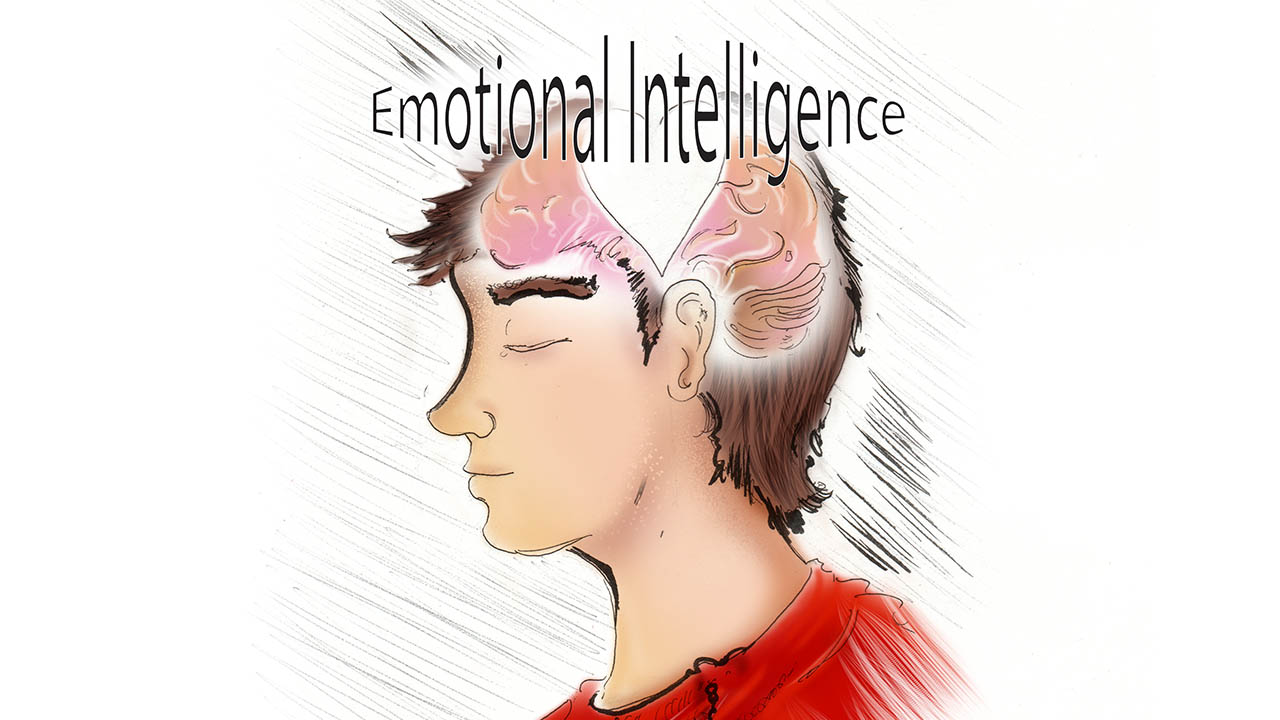How do we develop emotional intelligence?
 CREDIT: CHRISTOPHER MISZCZAK
CREDIT: CHRISTOPHER MISZCZAKEmotional intelligence is a skill we must develop with practice and time.
“You will never be good enough.” This was the message that was playing in the back of my mind a weekend or so ago when I went out for a few errands. The story begins during this brief and brisk walk while I was musing about my life. I then slipped on a patch of ice that I did not notice. Fortunately, it did not take me that long to pick myself up, dust myself off and simply keep going. I could not help though but to keep on thinking about those hurtful words that I once heard when I was in early high school. Something clicked that day — why did I not even think about slipping on a patch of ice and picking myself up? Why am I agonizing over something that happened years ago? This really got me thinking about the subject of practising emotional intelligence as a skill. It requires practice.
“Without even having the knowledge of what emotional intelligence is, the fact that you could use the experience of physically injuring yourself and what it was like to be emotionally injured. It is a powerful analogy,” explained Jessica Holsapple, founder of SCG Consulting Group.
Criticism at the end of the day jeopardizes our ability to connect as humans. That connection is critical for our survival, especially from an ancestral perspective. Holsapple has said how we know that physical ailments will typically heal but the fear of rejection, the loss of connection, ridicule, and ostracization is a scarier thing. Isolation is not healthy for us.
COVID-19 has directly impacted the need to understand and collaborate better given different circumstances. Virtual learning and remote working has become a necessity. Given that there is a lot of non-physical connection happening now, we are reliant on written and verbal communication. That is shining a light on how intentional we need to be on our communications.
The reason that Holsapple studied emotional intelligence is because the alternative side of what you are working on in environments where that is not that well cultivated; it can and does take a toll on your mental health. Particularly when we are dedicating a lot of time to working around other people.
It takes a stronger sense of discipline to disconnect yourself and make healthy barriers so that we do not burn ourselves out, especially when so many are eager to take on additional commitments.
It is still possible to be able to help others while being socially disconnected. Our physical lack of connection has not taken away our need for connection. In Holsapple’s experience, there are more people that are being intentional in how they make a connection. Therefore, we live in an age where we have multiple channels, multiple platforms, multiple ways to connect around the globe. In every opportunity to connect there is an equal opportunity to teach, to learn, and impact someone’s life.
Holsapple shared an amazing story, where she stepped outside and saw a large plastic beach ball that read, “Ball of joy, pass it on.” Immediately it made her smile. She just kicked it over to her neighbours thinking, it’s those little things. Where you are thinking outside of yourself, you are thinking of others that you do not really know. But how it can affect someone else.
Simon Sinek, Brené Brown, Daniel H. Pink, Adam Grant, Pat Mumford are only a few examples of figures to look to for inspiration. Hearing the message from multiple people reinforces that message. Watching these individuals build their own platforms, this is social proof that people want and crave this information.
Reinforcement and positive feedback are the best way to learn something. Even if it is spoken in many different forms, and many ways. This is how we develop emotional intelligence like any other skill that we can practice.
It is encouraged for the Fanshawe College student body to continuously learn about themselves, to learn about their passions. To know that their passions can lead towards their purpose. You are all doing wonderful things by pursuing an education, ensure that you are exploring the full depth of yourself to discover what your purpose is and how you can best serve yourself, your passion and purpose.
Socrates once wrote “The secret of change is to focus all of your energy not on fighting the old, but on building the new.”














